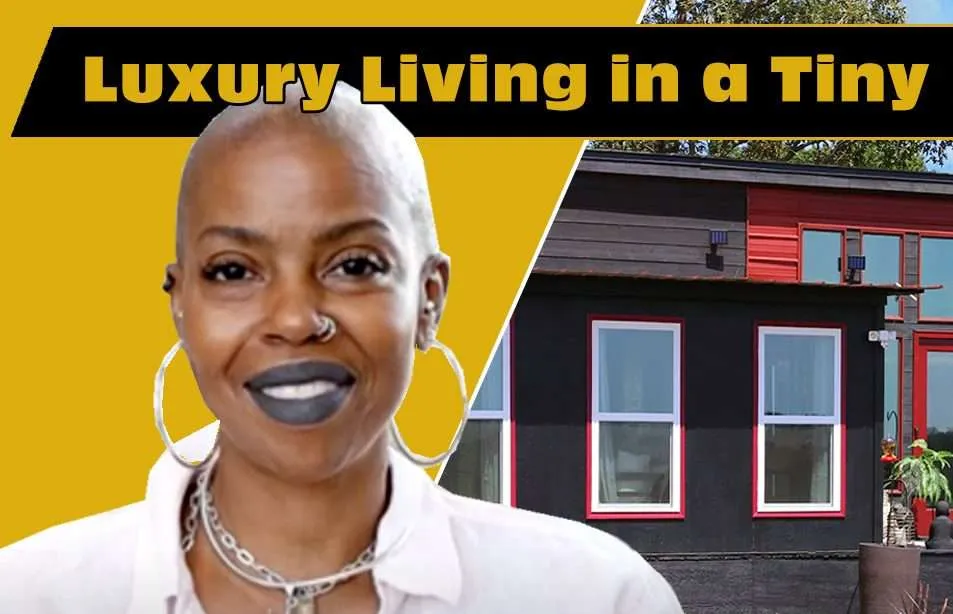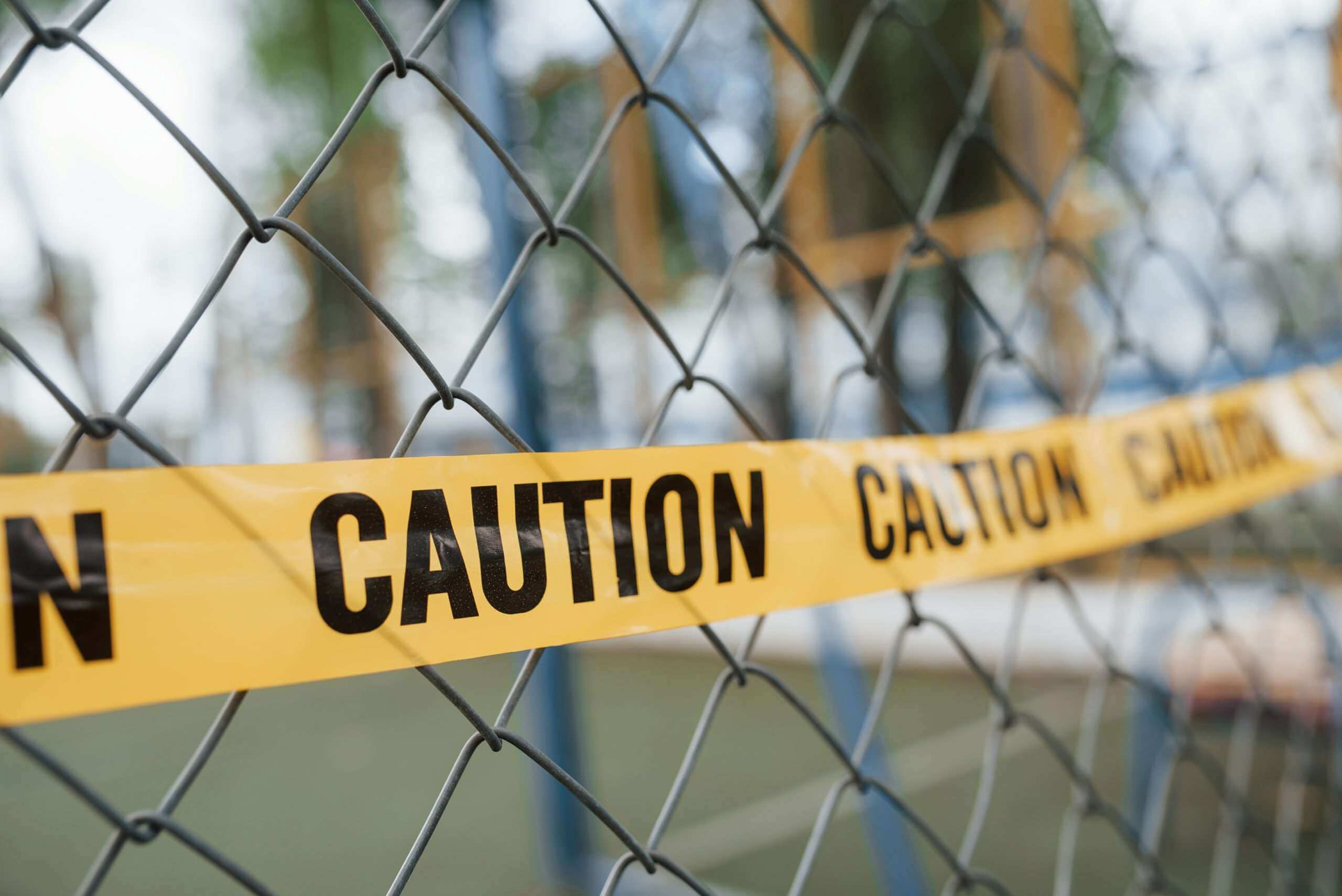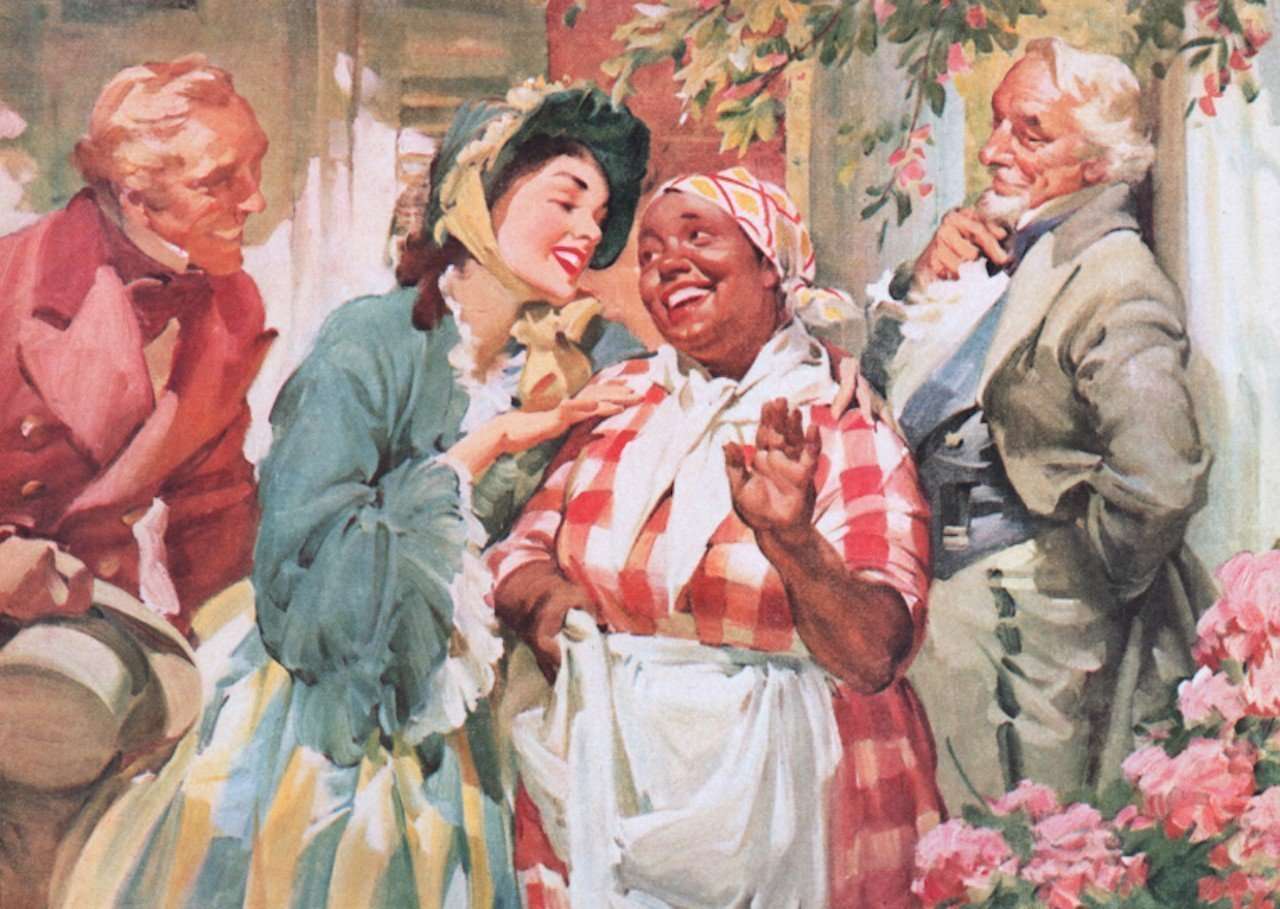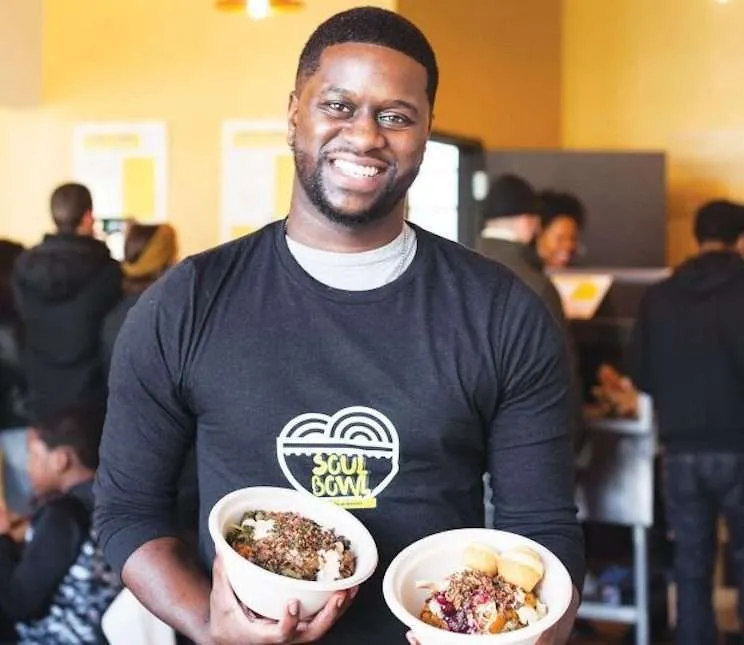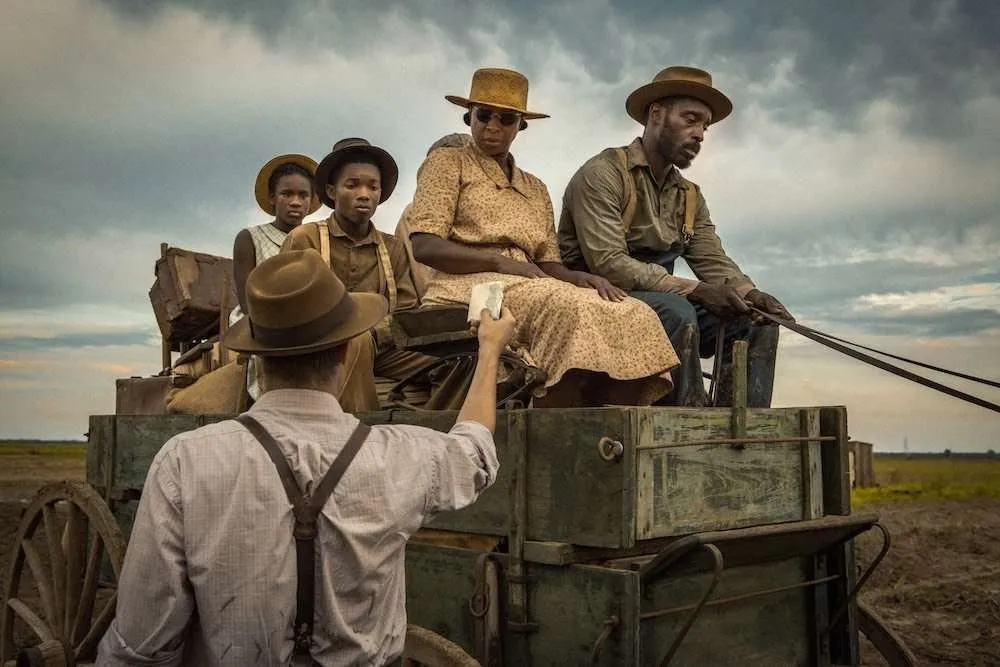Community
Impunity Wars – A Wall, a Hate Crime, and a Culture of Blackface

“…Politicians tend to be more of a mirror and more of a reflection of forces in the society.” – former President Barack Obama.
What a month.
In the last several weeks, we’ve seen Federal workers get taken hostage over a wall, a gay black actor get assaulted in a lynching attack, and a swing state’s Democratic Governor find himself embroiled in a blackface scandal for the ages and then confound fellow partisans by refusing to resign. The State of our Union is “yeesh”.
Perhaps we should take some time and walk through the implications of these events, so we can try to better understand how they are connected.
***
First, concerning the border wall and the shutdown endured on its behalf.
We’ve all recognized the current President’s deeply authoritarian nature and discussed it at length as events have demanded. What’s catching me a little off-guard in the aftermath is just how much extreme authoritarianism is actively and unrepentantly nurtured by his base.
In the most recent polling by POLITICO, it was found that 49 percent of Americans oppose the wall as a concept. Only 43 percent favor the wall. Republicans lost 41 seats to the Democratic Party in the 2018-midterm elections. After a campaign in which the President personally made immigration a central focus.
Although the results felt like a mixed bag the first few days after the election, any reasonable person would look at the finalized results and see a repudiation of the Republican Party, a denial of a mandate regarding the President’s stated approach to immigration, the constant attacks on the Affordable Care Act, and the lack of checks on the power of the executive.
It's a national emergency?? You've put it off for over two years & it would take at least a few years to build w/e you're calling a wall now.
Doesn't sound like an emergency ! !The majority do not think that a wall is the best method for boarder security. A waste of money. pic.twitter.com/RvaFELCEhB
— 51Ə7Ə (@_ST3V3N_W) January 29, 2019
The conservatives pillorying the President do not appear to care what happened in the 2018 midterm elections. They are upset he could not find a way to force something the citizens of the United States specifically rejected with their votes and their polling responses. They are upset the President was unwilling to hurt more people and destroy popular sovereignty to give their political minority something they want, something they want irrationally.
They are punishing him for yielding to constitutionally ordained institutional power, the results of the last election, and the serious prospect of very real and lasting financial violence to federal workers and everyone touched by the services of the federal government. They’re upset because his yielding to very serious harms makes him “weak” and a “wimp” in their eyes.
The rage on display raises the question “what exactly did they want him to do in this situation?” I don’t like that question, because the only plausible answer is “keep hurting people and tear down every democratic institution if that’s what it takes to give them what they want”.
The President is not a “good guy” by any means, but he’s not the sole power source for the institutional and democratic hostility we’ve seen on display from his administration. Voters didn’t choose him by accident, somehow failing to recognize his authoritarianism or mentally de-prioritizing it in favor of other policy things they wanted or because they were enchanted by his celebrity.
So much 2016 op-ed ink was spilled trying to “warn” the public about his authoritarianism, but in truth it his authoritarianism appears to have been a primary selling point with his base.
***
Second, concerning the assault of Jussie Smollett.
I’ve already written at length about the assault on my own social media so I’ll try to keep it short here. One of the stars of the breakout hit show “Empire” was walking out of a Subway sandwich shop at 2 in the morning when two men in ski masks assaulted him.
They called him racial and homophobic epithets as they beat him. They poured bleach on him. They tied a noose around his neck. They declared “This is MAGA country now!”
https://twitter.com/MIRASLOW/status/1092079116621352961
As disturbing as the lynching itself was, I found myself conceptually horrified to see law enforcement officials and much of the media referring to the incident as “a possible hate crime”. Yeah. O.K.
What happened to Jussie Smollett was about as much a “possible” hate crime as the death of JFK was a “possible” assassination. Why in the world were our social institutions extending such overhanded benefit of the doubt to describe actions where the intentions were impossible to doubt?
***
Third, concerning Virginia Governor Ralph Northam and the mother of all blackface photos.
Friday night, a right-wing pro-life news website published a yearbook page from extremely pro-choice Governor Northam’s medical school yearbook. The black and white photo showed a male in deep blackface and costume posing next to someone in Ku Klux Klan robes and hood.
Northam’s first instinct was to apologize without identifying which person in the photo was him. His second instinct was to argue that it couldn’t have been him in the photo because he had already messed around with shoe polish on his face at another point in the year for a Michael Jackson costume and found it so hard to wash off he would’ve been too scared to try darker blackface like the kind that appeared in the yearbook photo.
“The first time in American political history that a politician attempted to explain his innocence regarding one racist blackface incident by pointing to another one that he recalled participating in,” @jaketapper says of Virginia Gov. Ralph Northam. https://t.co/Hp8VFMI9T1 pic.twitter.com/27VAwJKLZk
— CNN (@CNN) February 3, 2019
Even if you believe the man’s story, as I am charitably inclined to, as defenses go, we’re gonna need to file this under “yeesh”.
Why was anyone still doing blackface in the eighties? Why was Megyn Kelly still defending it as late as last year? Why are so many white people past and present having such a hard time wrapping their heads around the basics of mutual respect?
Here’s something you never have or will hear a person of color say: “Gosh, I wish someone would darken their skin tone and pretend to be me. A white person pretending to be me for the amusement of their friends or audience would be a really cool!”
I know they know better. Instinctively. Here’s how.
“What, you think you’re better than me?”
I’ve spent enough time performing standup and having post-show drinks in blue collar places to know you never ever want to hear those words at a bar or party, not unless you are prepared for violence. Blue collar and rural people can take a joke as well as the next person. Often they can take a joke better than the more educated. But they are extremely sensitive about being mocked or belittled from a place of condescension rather than camaraderie.
Evenings and relationships can change on a dime. Sometimes lives. All because one person made another feel smaller in a way that cut to the core. I don’t think the instinct for sensitivity is limited to blue collar and rural people. We all resent people who act like they think they’re better than us.
Why are so many white people acting like they have or have ever had a hard time seeing the problem with blackface and other forms of ethnic derision? They understand how the hell human feelings work. We know because they’re quite vocal and inconsolable when their own feelings are hurt. What is it about racial hurts that so many white people can’t or don’t want to understand?
Calif. School Superintendent Blames His 'Poor Judgment' for Allowing Class Speaker to Dress in Blackface https://t.co/0PNlnu2Q8l pic.twitter.com/HlJpgSEScO
— Atlanta Black Star (@ATLBlackStar) February 3, 2019
***
Whether we’re talking about the wall, or the Smollett lynching, or a medical school blackface photo, “understanding” does not appear to be the core issue. At issue is the matter of impunity. For the life of too many, they can’t imagine why anyone would expect much less ask them to give it up.
***
While the “economic anxiety” arguments were never especially persuasive in light of the now-President’s repeatedly demonstrated racial animus, the conservative reaction to the end of the government shutdown suggests the election of the President in their eyes was in fact about invulnerability and the non-negotiable dominance of all who oppose him.
The imposition of absolute dominance on an unruly democratic republic may be what “shaking things up” really meant in the hearts of too many voters. People seemed to only get fundamentally dissatisfied with democracy once other types of voices started to get a prominent seat at the table of power. Suddenly they had to listen to those voices, and they didn’t like it.
We hear that resentment in Louis C.K.’s standup, where he bemoans the annoyance of being corrected on transgender pronoun usage. He sounds like he misses the days where he wasn’t accountable to transgender people or anyone else. In that way, it seems Louie and too many American voters have a lot in common. They resent having to share power or defer to others to whom they never had to defer previously and with whom they never had to share power, space, or anything.
It’s easier now to see why the election of Barack Obama was interpreted like a four-alarm fire by so many. Something must surely be wrong with the country if someone like Obama could get elected, not once but twice.
“We are losing our country”, they said. “We need to take our country back”. OUR country. Not ALL of ours. A very specific “OUR”. Intentions were hidden in plain sight the entire time.
And then one day came a candidate declaring intentions with a previously inconceivable level of candor. He put explicit words to dark resentments and fears many of them had been too scared to openly articulate themselves. He didn’t care what the people they felt threatened by thought of him.
The press. Liberals. Anyone with any factual expertise or conventional concept of morality. He said what he felt, whether it was right or not, whether it was true or not. If it felt true, then to him it was as good as true. And what he felt happened to be what *they* felt. The people he upset were the people *they* wanted to upset. And they were sold. On a devil’s bargain, with a shared unthinking malice as the binding blood of an unholy pact.
The wall. The lynching. The past fixation with blackface and present refusal to resign over blackface and transfer power to a black successor. These aren’t transgressions based on lacks of understanding. They’re exercises in impunity.
***
Impunity: “exemption from punishment or freedom from the injurious consequences of an action.”
It seems apparent that, in the minds of some, the license for intolerance is held as some kind of inalienable right. But such a right can only remain enshrined if the intolerant are kept free from accountability at the hands of those they are disinclined to tolerate. Impunity is how American society buys political stability. Impunity makes everyone with license something like a god within the system, powerful beyond question. A person would have a strong motivation to protect a system that treats him or her as a god.
Impunity may be the most fundamental American currency.
In a way, whiteness as a godlike status is more valuable than material wealth, which would make one overlook income inequality. Money comes and goes but impunity over others as a birthright is more valuable than anything money can buy.
Impunity lies at the heart of the “Wages of whiteness”, established long ago to pacify the exploited white working class and get them to buy into the system with ratification votes. Without impunity, the incentives for the white working class to remain devoted to the system are substantially diminished.
Diversity challenges impunity, because diversity requires punishment and consequence to protect everyone’s rights and equal assumption of person-hood and respect. Diversity and impunity cannot coexist in a just or moral society. But without impunity, perhaps the American system of government is not really a good deal for the white working class that ratified it. Is that what the “political correctness” debate is really about, the fight to protect white impunity, and with it the stability of the system?
Could impunity be a reason why the 2nd Amendment is so important to people, because few things signify impunity like the constitutionally protected access to tools for taking life? What about the 1stAmendment? People only seem to invoke the free speech when they want to say something hateful about other groups. They rarely invoke the 1st Amendment on behalf of those who would speak against hate or challenge the existing power structure. Are the licenses for intolerance and even murder the real “Blessings of Liberty” mentioned in the Preamble?
If you were told that you were something like a god and everyone else was a mortal beneath your level, would you ever charitably recognize the legitimacy of mortals as worthy of the same godlike treatment as you? Would you instinctively be happy about resigning your office, held by you as a god, knowing your successor was a mortal?
Maybe the phenomenon we’re witnessing was predictable. One of the more oft-repeated statements in the progressive social justice sphere is “When you’re accustomed to privilege, equality feels like oppression”.
That statement’s been often used to challenge and shame racially regressive arguments, but it appears there was a clue in our bludgeon, a means of comprehending the root cause of this outbreak of American Authoritarianism. The elevation of mortals is the diminishment of gods. The gods don’t want to be anything less than gods. They want to reassert their relative place in the hierarchy, by demonstrating there is nothing mortals can do to oppose the whims of their will.
Whether the photo was taken yesterday or decades ago, to have your photo taken dressed in the most offensive racial signals is a marrow-deep celebration of impunity.
To attack a television star while invoking the President’s slogan is to remind people of your group’s impunity. And to try to politically dominate without negotiation or capitulation to the will of the diverse is to try to restore impunity.
The question of domination seems to be what the shutdown and the wall were really about. That’s why the President’s voters are so mad. By yielding to the realities of governance and financial harm, their champion has been successfully opposed. And with him, those who would see themselves as gods in his image have been opposed. He was meant to remind the mortals that they were mortals. Instead he only proved to the mortals that they are in fact gods, with equal powers and equal legitimacy, whether the other gods want to recognize it or not. How infuriating. He may have defeated the entire point of his existence in the eyes of those who sent him to office.
Separating families? No problem. Affairs out of wedlock and campaign finance violations? Who cares. Charlottesville? Something something both sides. Helsinki? Meh. Working with foreign actors to subvert our elections and committing countless other constitutional violations while in office? No big deal; it’s only rule of law. Yielding to a political party defined by its diversity simply because they won an election? Unthinkable. And unforgivable.
We appear to be fighting a spiritual war. For the long-term health of the nation and the humanity of all its peoples, let’s hope it’s one we can win.


